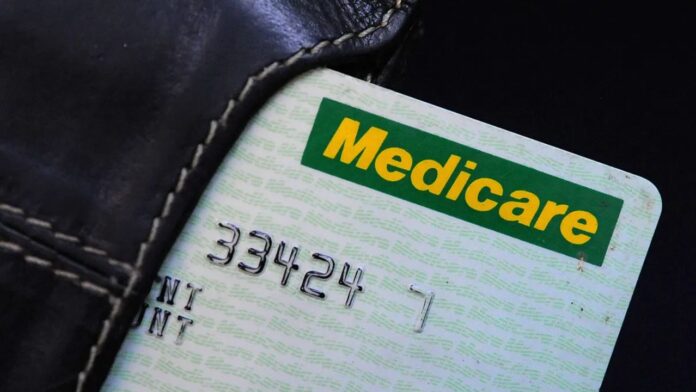Medicare Part A in 2025: Medicare Part A is an important part of health coverage for people who need hospital stays, skilled nursing care, hospice, and some home health services. It’s important to understand that while Medicare covers a lot, there are some costs that enrollees will need to pay, and these costs can change each year. For 2025, the Medicare Part A deductible will be $1,676 per benefit period, which is an increase of $44 from the previous year’s deductible of $1,632.
A benefit period starts when someone is admitted to the hospital and ends when they’ve been out of the hospital for 60 days in a row. If a person is admitted to the hospital again after this 60-day break, a new benefit period begins, and they will need to pay the deductible again before Medicare Part A starts covering their costs.
How to Transition from Health Insurance Marketplace to Medicare at 65: A Guide
Medicare Part A enrollees also need to pay coinsurance costs for longer hospital stays and for skilled nursing care. These coinsurance costs can add up depending on how long a person stays in the hospital or nursing facility.
After paying the $1,676 deductible, Medicare will cover the full cost of a hospital stay for up to 60 days within the same benefit period. However, if the hospital stay goes beyond 60 days, the patient will need to pay coinsurance.
For hospital stays between 61 and 90 days, the coinsurance is $419 per day. If the stay goes longer than 90 days, patients can use their lifetime reserve days, which cover an additional 60 days, but the coinsurance for these days is $838 per day. Once the reserve days are used up, the patient must pay all costs of continued care out of pocket.
Medicare Part A also helps with skilled nursing facility care. Medicare will cover the full cost for the first 20 days, but starting from day 21 through day 100, there is a coinsurance charge of $209.50 per day. After day 100, Medicare stops covering skilled nursing care, and the patient is responsible for all the costs.
Medicare Age Eligibility: What Is the Earliest Age to Qualify?
It’s really important for people with Medicare to know how these costs work, as they can add up quickly, especially if someone has to stay in the hospital or a nursing facility for an extended period.
Being aware of these charges can help people plan for unexpected medical situations. Some people choose to get a Medicare Supplement (Medigap) plan, which can help cover costs that Medicare Part A doesn’t pay for.




